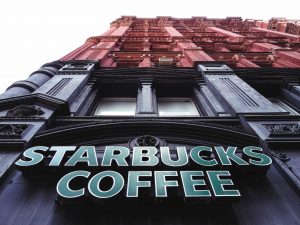Milk prices will continue to soar due to rocketing production costs, warns dairy producer
Britain’s biggest dairy producer has admitted the price of milk will continue to increase due to sky high energy costs that have already risen by 200%.
Arla Foods’ chief commercial officer Peter Giortz-Carlson told Sky News that input costs, driven higher by the war in Ukraine, will have to be passed on to customers.
His company sells dairy products such as Lurpak butter, Cravendale milk and Skyr yoghurt to supermarkets across the country.
Mr Giortz-Carlson noted how packaging and feed costs have increased by as much as 40%.
He added that, in his 20 years in the industry, he had “never seen anything like it” and doesn’t think the industry has “seen the top yet” on food price increases.
It comes as the headline CPI inflation rate hit 9% on Wednesday and forecasters warned that figure will even be higher by the end of the year.
Bank of England Governor Andrew Bailey this week outlined his fears of an “apocalyptic” rise in food prices and said he felt “helpless” in the fight against inflation.
Speaking to Sky News, Mr Giortz-Carlson also revealed that milk farmers were currently making a loss on their farms due to the rising costs of fertiliser, feed and energy.
He warned milk supplies could be impacted as the income being received by farmers “cannot cover the costs” they currently have to keep running their farms.
Arla Foods are trying to avoid a situation where farmers are unable to supply enough milk because of rocketing production costs, which could further increase food prices.
Mr Giortz-Carlson insisted Arla Foods’ “main job here is to keep the products flowing, and make sure that there is a supply of food on the shelves.”
On a visit to his company’s Stourton Dairy Plant on Wednesday, Mr Giortz-Carlson said increased prices were here to stay for some time yet as the food industry relied partly on Ukraine for animal feed.
He said only 50% of the usual level of feed is expected to be exported from Ukraine and there was uncertainty around what the country’s harvest will produce due to the impact from the war with Russia.
He also raised fears about the rising price of fertiliser – as well as its availability – and said “this is a very tough storm that we’re in and it’s across from all sides and our role in this is to keep the products flowing”.
Arla Foods is a co-operative owned by some 2,300 British farmers in the UK alone.




